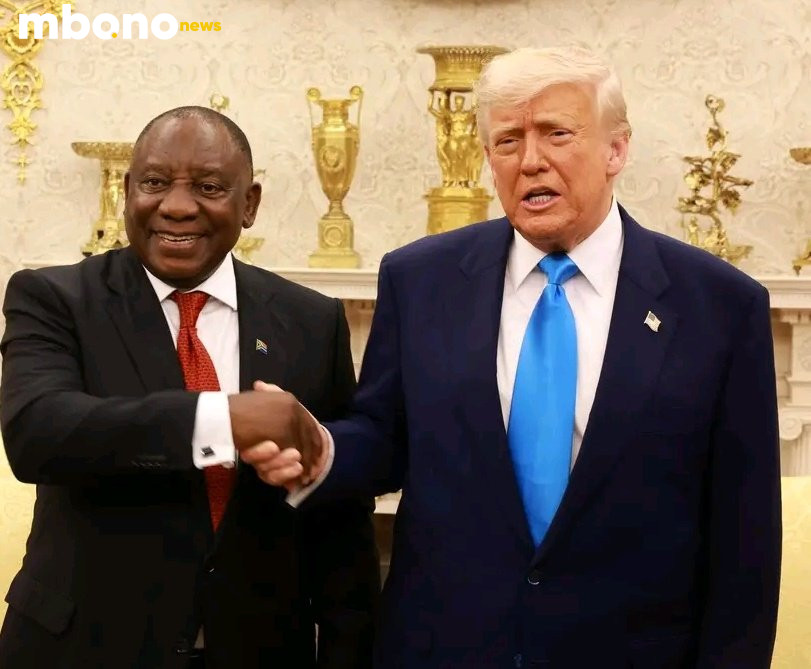In a move with massive economic and geopolitical implications, U.S. President Donald Trump has imposed a 30% tariff on all South African goods entering the United States, effective August 1. The surprise escalation marks one of the most aggressive U.S. trade actions against an African nation in recent memory.
The decision was delivered in a formal letter to President Cyril Ramaphosa on July 7, bearing the official White House seal. Trump accuses South Africa of “unfair trade practices,” alleging that Pretoria’s policies have created an “unsustainable trade deficit” and failed to meet Washington’s expectations of “reciprocal” economic cooperation.
“This is about fairness and national security,” Trump wrote. “The United States cannot continue allowing imbalanced trade relationships that disadvantage American workers and businesses.”
South Africa’s top exports to the U.S.—citrus, wine, metals, and minerals—are now in immediate jeopardy. With the African Growth and Opportunity Act (AGOA) already under scrutiny, this latest development could strip South Africa of preferential access to one of its largest markets, potentially costing the country billions in export revenue.
Trump’s message wasn’t subtle. While offering South African companies the option to relocate operations to the U.S., he warned that any retaliatory tariffs by South Africa would automatically trigger harsher penalties, pushing tariffs even higher than the 30% baseline.
Observers suggest this move forms part of Trump’s broader strategy to isolate BRICS nations, especially amid rising tensions over the bloc’s attempt to create a rival currency to challenge the dominance of the U.S. dollar.
The South African government has yet to issue an official response, but senior trade officials are reportedly locked in urgent meetings. Analysts warn the fallout could seriously damage bilateral ties, disrupt supply chains, and inflame geopolitical tensions just as the global economy seeks post-pandemic stability.
